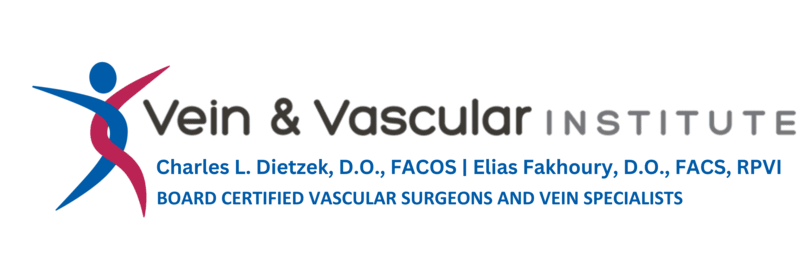If you’re newly pregnant and noticing swollen, purplish veins near your skin’s surface, you’re definitely not alone. Known as varicose veins, many women notice these bulgy, sometimes “squiggly”-looking veins appear during pregnancy.
It’s a common experience; up to 70 percent of pregnant women are thought to develop varicose veins in their legs, and up to 10 percent experience vulvar varicosities in their lower pelvic area, too.
While varicose veins are usually harmless, they can be unsightly, itchy and uncomfortable… and in some cases, even painful. Here’s what you need to know about varicose veins and pregnancy.
Table of Contents
ToggleWhen Should I be Worried about Varicose Veins in Pregnancy?
Let’s start with the good news: Most women don’t experience any symptoms from varicose veins, other than some itching or tenderness. However, a small percentage of people may develop small blood clots or deep vein thrombosis.
You should call your medical provider if the area around a varicose vein is hot or painful, or if:
- Your legs feel swollen
- Sores develop in the vein area
- The skin around the vein changes color
Can I Prevent Varicose Veins During Pregnancy?
Varicose veins tend to be hereditary — if your mother or grandmother had them, you’re more likely to develop them, too — so there’s not much you can do to prevent their development. But you can take steps to minimize varicose veins while you’re pregnant, such as:
- Exercise daily
- Elevate your feet to heart level or higher
- Take frequent movement breaks when sitting or standing for long periods
- Avoid crossing your legs or feet when sitting
- Wear compression socks or maternity support hose
- Sleep on your left side
- Eat a healthy, balanced diet
- Stay within your recommended weight range
- Wear comfortable, loose-fitting clothing and avoid high heels
Can I Treat Varicose Veins While Pregnant?
Treatment while pregnant isn’t recommended. Instead, try to minimize discomfort using natural methods. Often, varicose veins will go away after giving birth.
Will Varicose Veins Go Away After Pregnancy?
Varicose veins are a result of your body’s increased blood volume, a side effect of pregnancy. That means that varicose veins often go away after you give birth. It may take three to four months to see improvement.
But for some, varicose veins stick around. Fortunately, you can choose safe, effective vein treatment options after pregnancy.
Treatments for Leg Veins
- Sclerotherapy: Standard injection treatment that causes veins to fade away over time
- Ultrasound Guided Sclerotherapy: Highly targeted injection therapy that takes less than an hour
- Microphlebectomy: Minimally invasive procedure that removes damaged veins
- ClosureFast: Utilizes radio frequency waves to shrink targeted veins
- Clarivein®: Mechanochemical ablation technique to treat affected veins
- VenaSeal™: Closes damaged veins using a specially formulated medical adhesive
- Polidocanol injectable foam: Closes and minimizes affected veins with sclerosant foam
- Endovenous Laser Therapy (EVLT): Laser treatment that takes under an hour
- Veinwave™: Innovative technology that uses radio frequency waves for almost instant results
Seek Vein Treatment at Vein & Vascular
When you’re ready to get rid of unsightly veins, the team at the Vein & Vascular Institute is here to help. Meet our Vein Physicians in Vineland, Voorhees, Sewell and Lumberton New Jersey. Schedule a Consult today to learn about the range of treatment options available.
